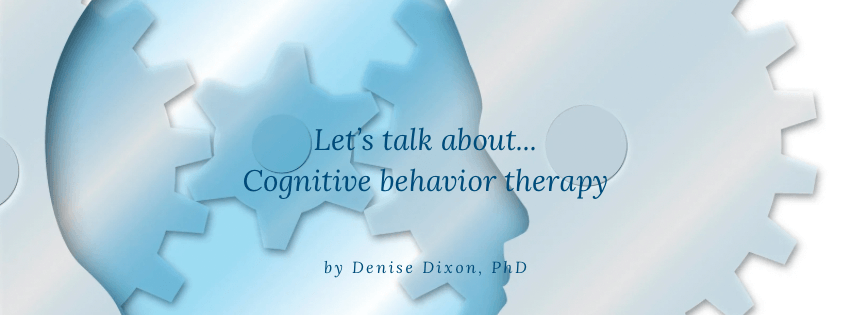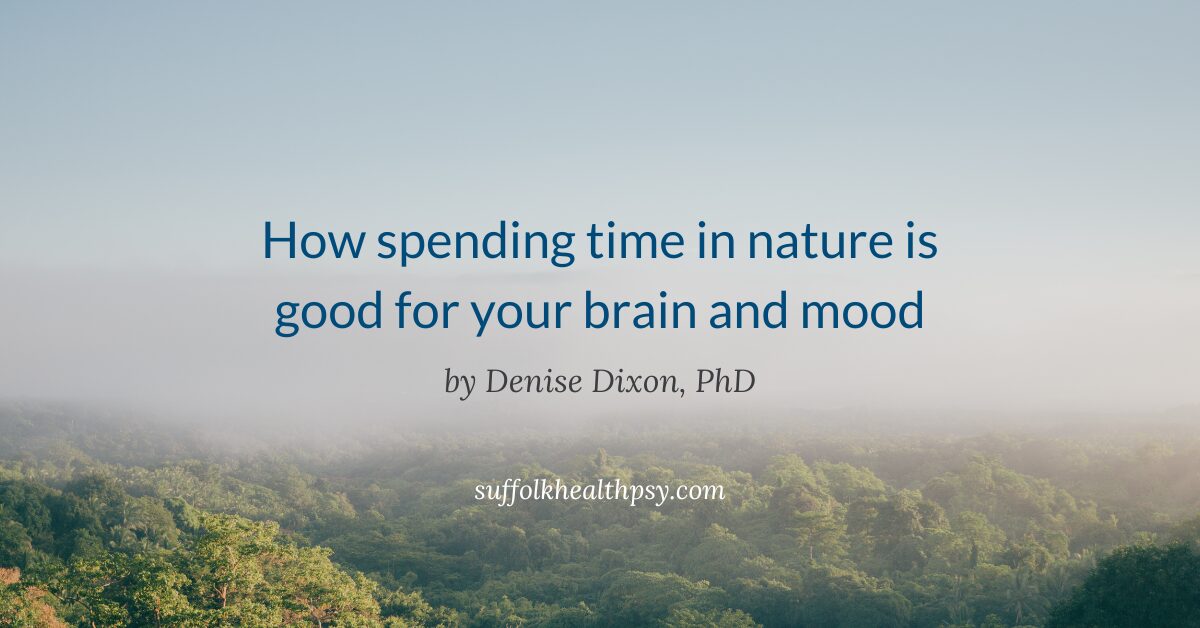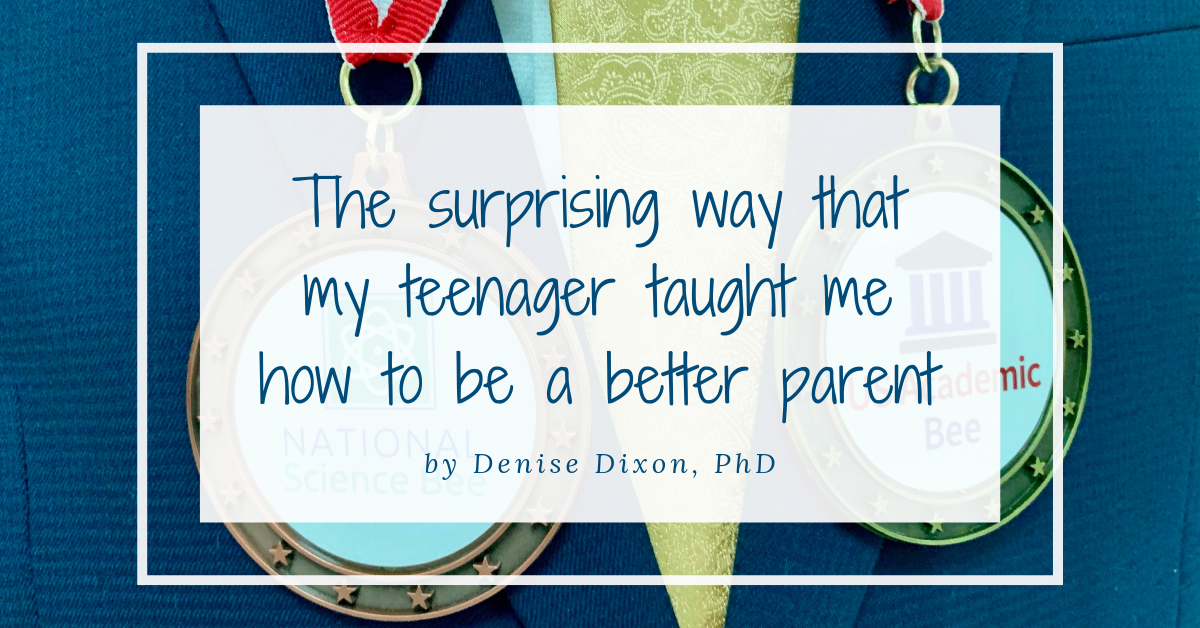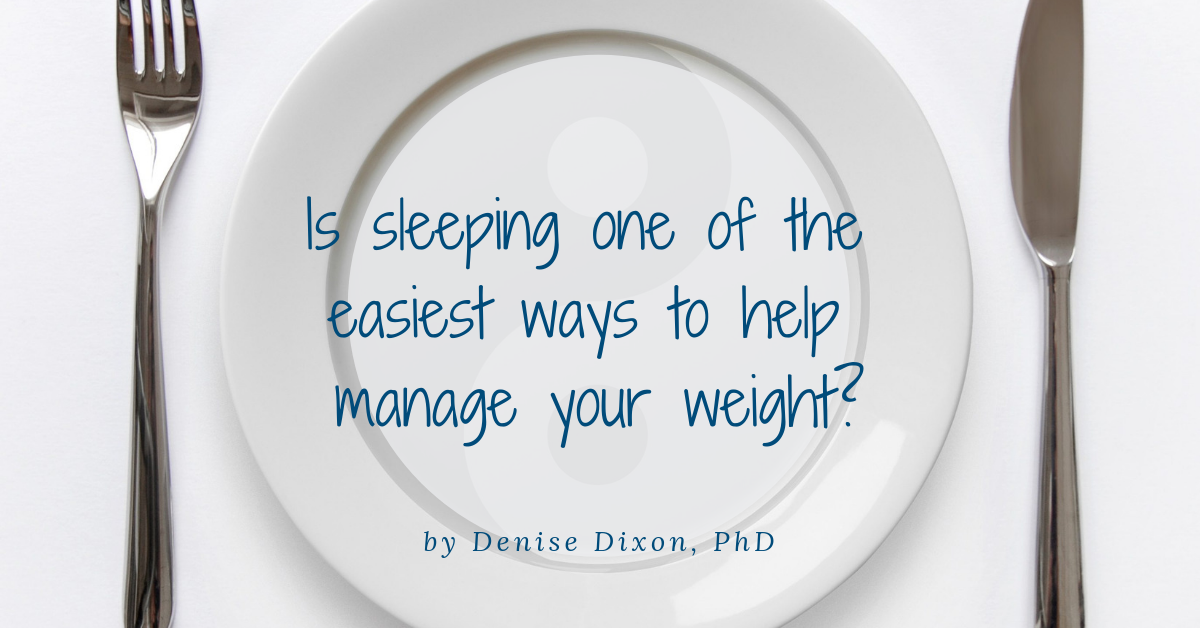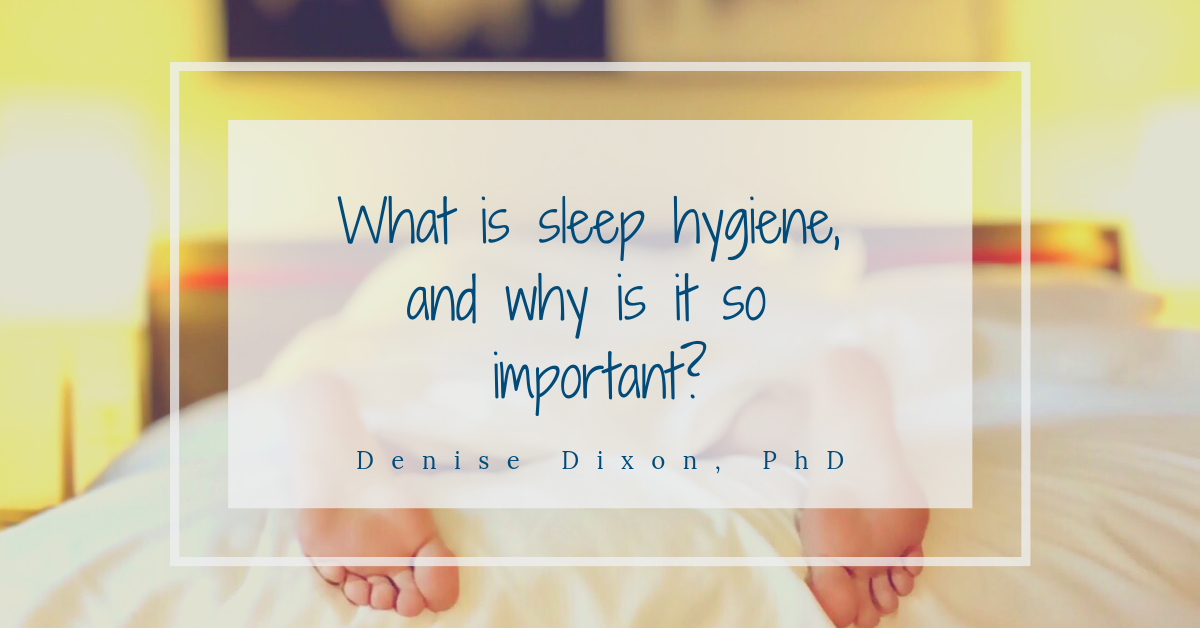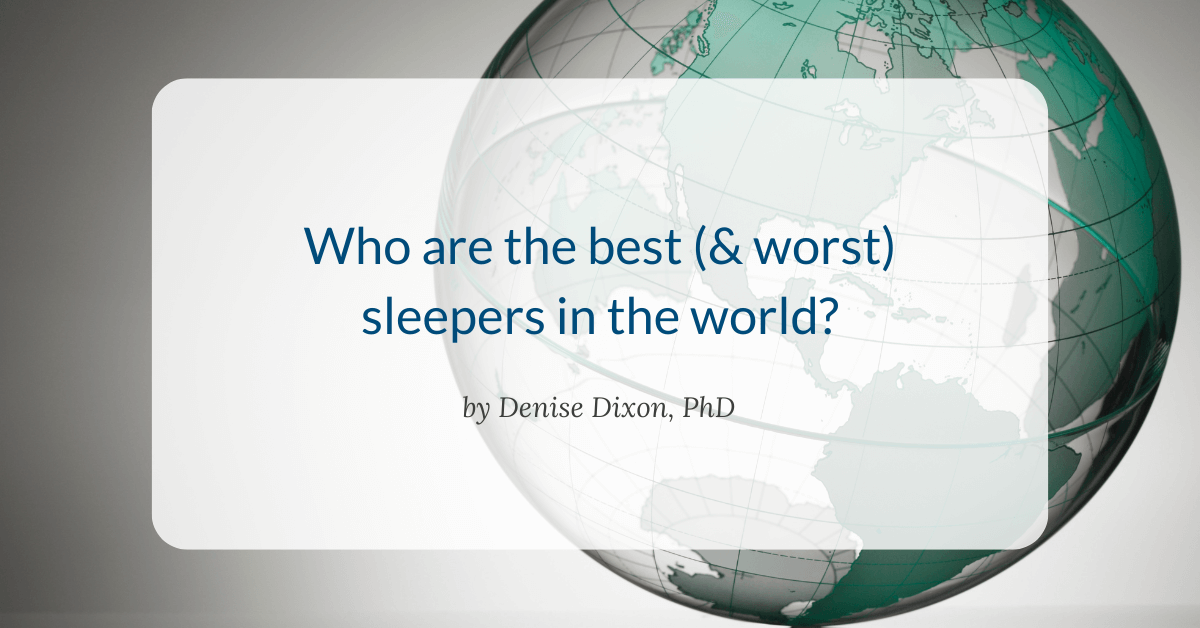Transform Your Mindset Today
Unlock the Power of Words
Discover how a simple shift in language can revolutionize your mental well-being and open doors to a more fulfilling life.
The Language of Empowerment
From Obligation to Opportunity
In the realm of mental health, the words we choose can significantly impact our mindset. By changing ‘have to’ to ‘get to,’ we shift from a sense of duty to a sense of privilege. This subtle change can transform how we perceive our daily tasks and responsibilities, fostering a more positive outlook.
A Simple Yet Powerful Tool
Harnessing the Power of Words
When we say ‘have to,’ it often feels like a burden, something imposed upon us without choice. It implies coercion and a lack of control, which can lead to feelings of stress and resentment.
Conversely, ‘get to’ suggests freedom and independence. It highlights the opportunities and privileges we have, encouraging gratitude and a positive mindset. This simple linguistic shift can be a powerful tool in mental health, helping individuals reframe their experiences and embrace life with a renewed sense of enthusiasm.
Understanding Coercion
The Weight of 'Have To'
The phrase ‘have to’ often implies a sense of coercion, where actions are driven by external pressures rather than personal choice. It suggests a lack of control, as if one is bound by obligations that leave little room for autonomy. This mindset can lead to feelings of being trapped, as tasks become burdensome duties rather than voluntary actions.
When we say we ‘have to’ do something, it often feels like an imposition. This language reflects a sense of duty that can weigh heavily on our mental state, making us feel as though we are constantly under the thumb of necessity. The obligation implied by ‘have to’ can strip away our sense of freedom, leaving us feeling powerless and overwhelmed.

Embracing Privilege
The Freedom of 'Get To'
In contrast, the phrase ‘get to’ transforms obligations into opportunities. It highlights the privilege of choice and the freedom to engage in activities willingly. This shift in language can foster a sense of gratitude and independence, as it reframes tasks as privileges rather than burdens. By viewing our responsibilities as opportunities, we can cultivate a more positive outlook on our daily lives.
Using ‘get to’ instead of ‘have to’ can change our perspective significantly. It emphasizes the autonomy we have over our actions, allowing us to see the potential in every task. This language shift encourages us to appreciate our capabilities and the freedom we possess, turning everyday duties into moments of empowerment and choice.

Implementing the Strategy
A Simple Shift for Mental Well-being
Incorporating this language shift into daily life can be a powerful tool for enhancing mental well-being. Start by consciously replacing ‘have to’ with ‘get to’ in your internal dialogue. This small change can gradually alter your mindset, helping you to approach tasks with a sense of gratitude and enthusiasm. Over time, this practice can reduce stress and increase your overall sense of happiness and fulfillment.
Embrace the Power of Language
In conclusion, the simple shift from saying ‘have to’ to ‘get to’ can profoundly impact your mental well-being. By reframing your mindset, you transform obligations into opportunities, fostering a sense of gratitude and empowerment. This linguistic change encourages a more positive outlook, helping you to feel more in control and appreciative of life’s experiences.
We encourage you to adopt this phrase change in your daily life. Notice how it alters your perception and enhances your mental health. By viewing tasks as privileges rather than burdens, you can cultivate a more fulfilling and optimistic approach to everyday challenges. This small adjustment can lead to significant improvements in your overall happiness and mental resilience.






